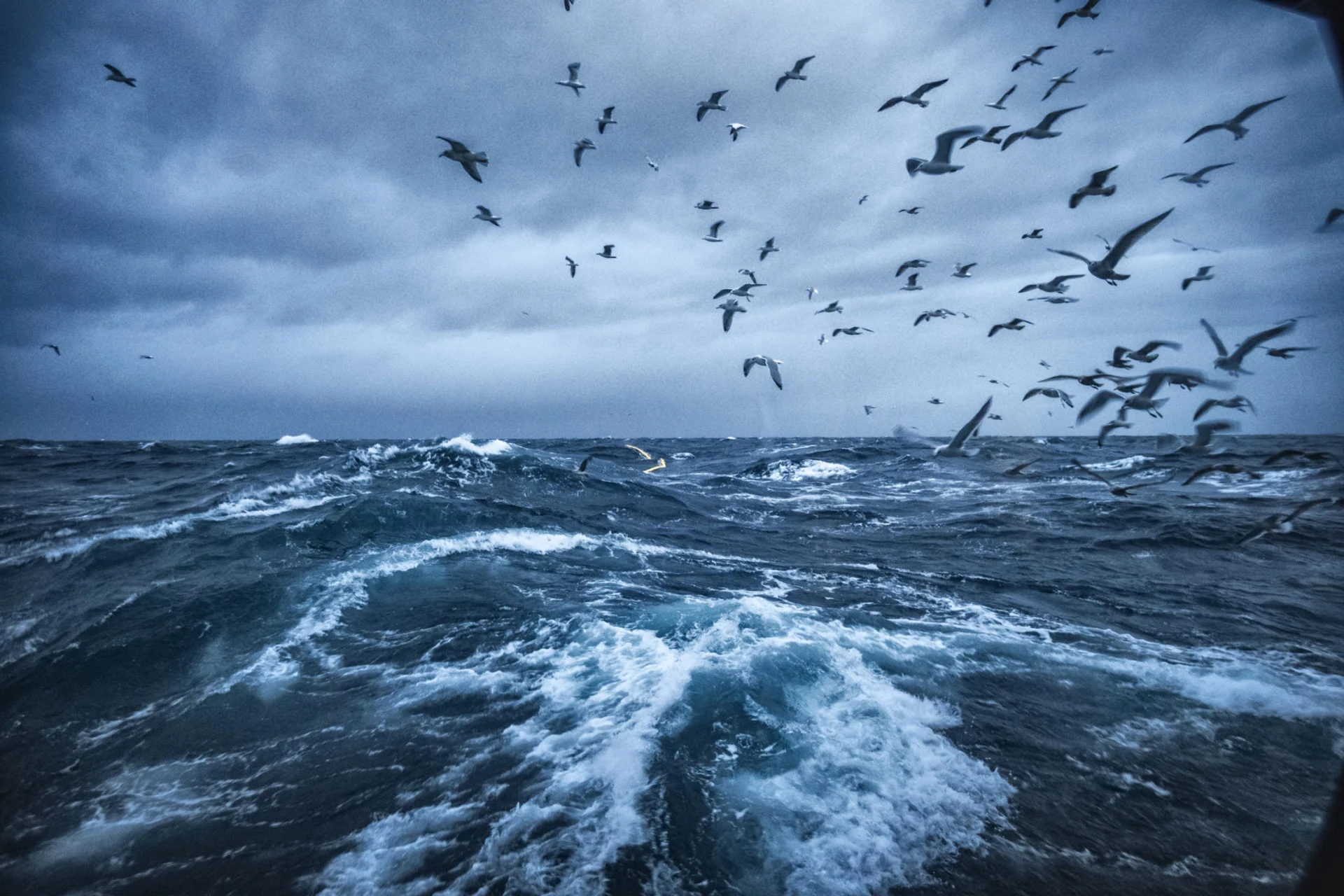
Rapid spread of avian flu a 'global concern': report
“This serves as a strong reminder that avian influenza is spreading across the globe and that anyone with farm animals must practice good biosecurity habits."
Following recent outbreaks of H5N1 - or the avian flu - in Canada and the U.S., the virus is "rapidly becoming a global concern," according to a new report, published this week, by Science.
Manitoba is the latest Canadian province to confirm the presence of bird flu, with a case recently identified in commerical flock.
Alberta, Ontario, Newfoundland and Labrador, and Nova Scotia have also reported cases.
Outside of North America, outbreaks are being monitored in Asia, Africa, and Europe.
“The ongoing 2021-2022 wave of avian influenza H5N1 is unprecedented in its rapid spread and extremely high frequency of outbreaks in poultry and wild birds, and is a continuing potential threat to humans,” the authors of the Science report write.
The statement echoes that of the Canadian Food Inspection Agency (CFIA), which has also commented on the "unprecendented" speed of the virus.
"The Canadian Food Inspection Agency is currently responding to cases of highly pathogenic avian influenza in farmed birds across Canada,” reads a statement on the agency’s website.
“This serves as a strong reminder that avian influenza is spreading across the globe and that anyone with farm animals must practice good biosecurity habits."
Migratory birds are responsible for some of the outbreaks, and experts believe cases will rise as birds return to Canada for the summer.
Bird flu can be fatal for some domesticated birds, including chickens, ducks, and turkeys. It is possible to transmit H5N1 to humans, but cases are rare. To date, there are two known human cases of avian flu, both occurring in 2018.
The current outbreak is not a risk to healthy people who are not in contact with infected birds.
PRECAUTIONS
People with backyard chickens are advised to pay attention to signs of excessive thirst and decreased appetite in their flocks.
Members of the public should avoid feeding wild birds by hand. Bird feeders should be regularly cleaned and maintained.
Thumbnail image courtesy: piola666/ iStock/ Getty Images Plus.
